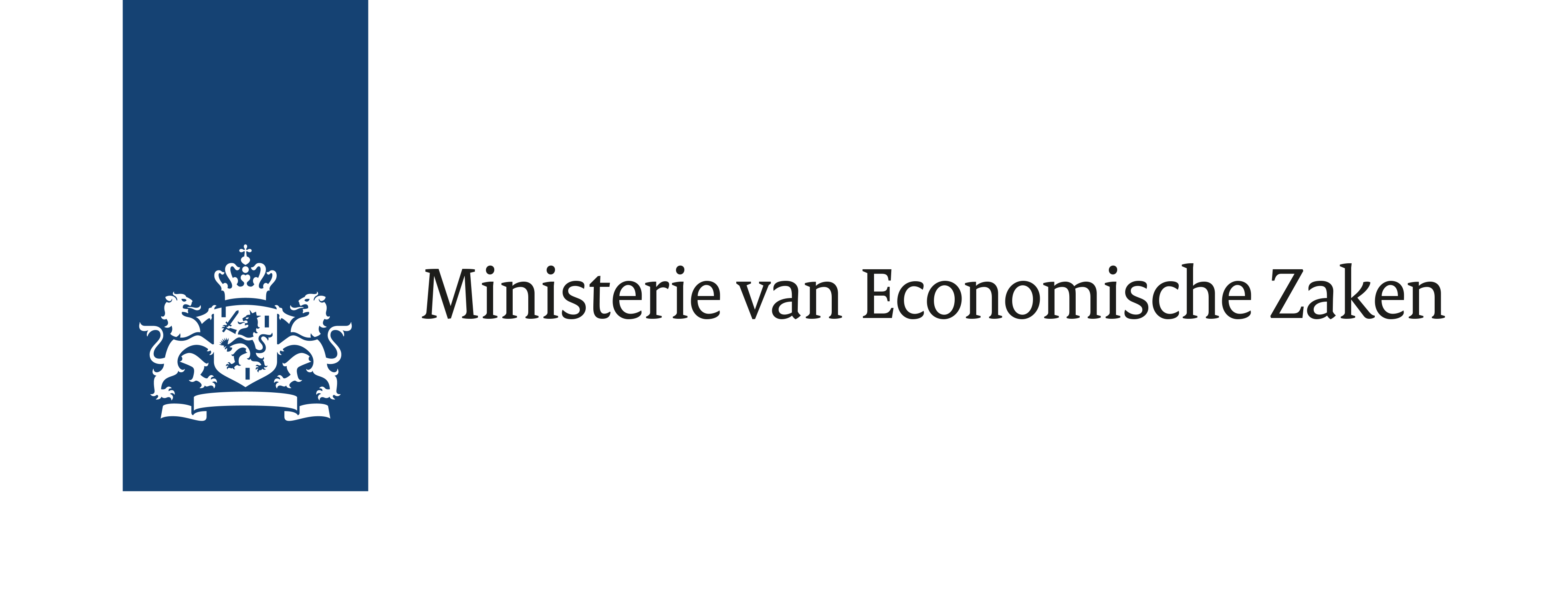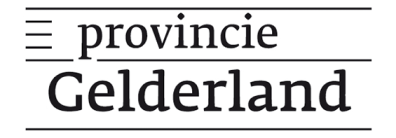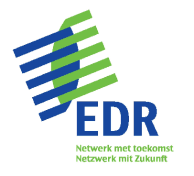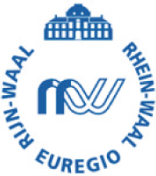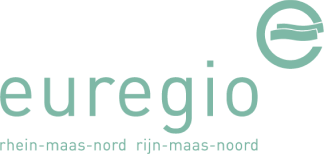Battery storage can reduce the load on the electricity grid
and drastically increase self-consumption (in combination with local
generation) by buffering the difference in electricity supply and demand. The
biggest challenges for current batteries are:
- The availability of raw materials.
- The cost of electricity storage and long lifetime.
- Safety and applicability for example in the built environment.
- Recyclability and circular application of raw materials.
Current rechargeable batteries generally use Li-ion cells.
These cells can ignite and emit toxic gases. Moreover, the extraction of
lithium is a polluting process that uses a lot of water. Exergy Storage
developed a new battery technology, based on common & cheap raw materials
such as salt (NaCl), (recycled) aluminum and iron. These long-lasting batteries
offer the prospect of exceptionally low electricity storage costs and
relatively low production costs. The technology is also suitable for realizing
closed material cycles.
The project objective: to scale up the battery
technology to industrial scale for prototyping and in preparation for pilot scale-up.
Together with Fraunhofer Umsicht as ‘Berater’, the aim is to optimize the cell
electrodes and performance. Becker Insulation determines what is effective
material for insulating battery housings. In parallel, together with Stanstechniek,
the manufacturing processes for battery components are being optimized and
scaled up. Finally, prototype batteries will be delivered and demonstrated in
representative test environments of both Stadtwerke Goch and Hirsch’s new
sustainable houses. Also, a battery container for its own energy generation and
storage is being tested at the Stanstechniek site.

